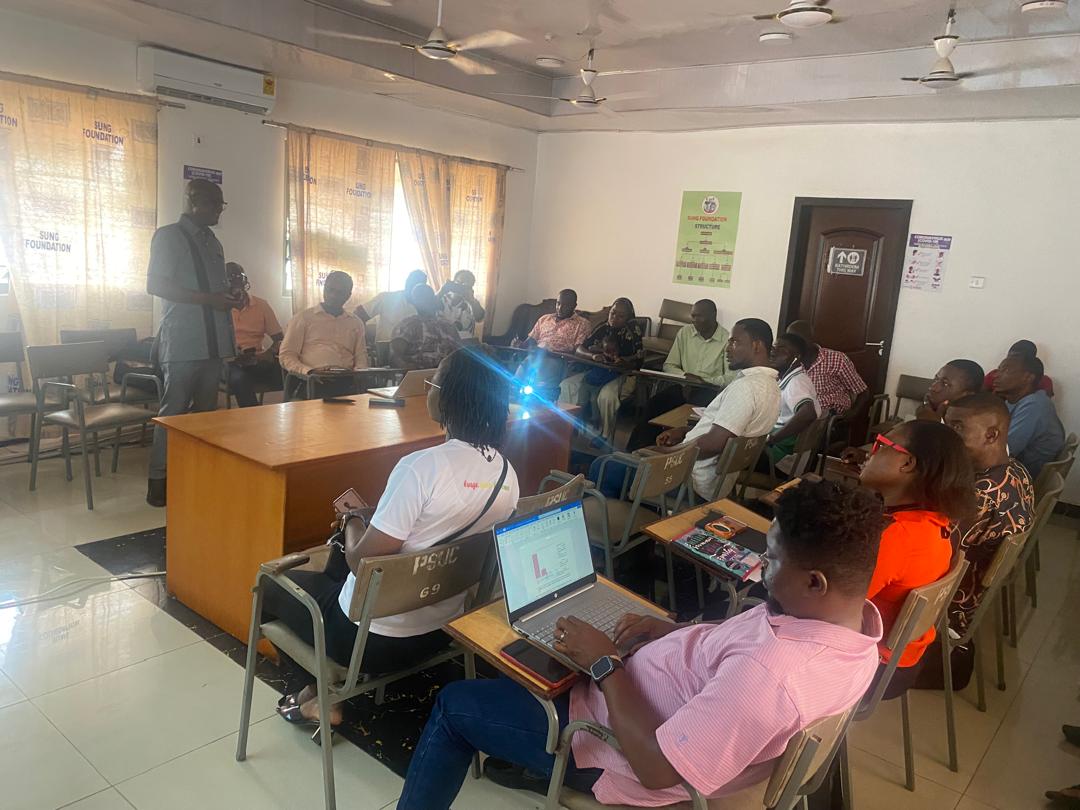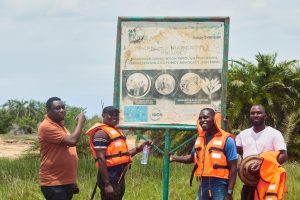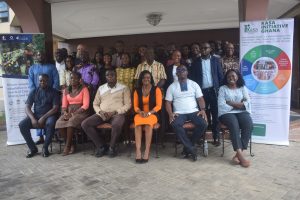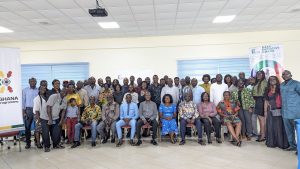Ghana has set an extraordinary course for itself. The country recently unveiled an energy transition and investment plan to achieve net zero emissions by 2060, updating its previous target from 2070 and committing to a USD 550 billion opportunity that promises to reshape the nation’s energy landscape. The National Energy Transition Framework (2022-2070) aims to decarbonize the energy sector as part of commitments under the Paris Agreement, with provisions ensuring that women, youth, and persons with disabilities are included in this massive transformation.
The framework’s objectives echoes those of sustainable development: reducing reliance on fossil fuels in transportation and power production, making clean energy affordable and reliable for households, cutting emissions, and promoting economic growth through job creation and strategic investments. Yet behind these policy statements lies a more complex reality that becomes apparent only when you venture beyond Accra’s government offices into Ghana’s rural heartland.
This is where the Ghana Energy Transition Consortium’s, with support from Gower Steert, work becomes crucial. As part of a nationwide campaign, Kasa’s engagement with civil society organizations in the Northern and Volta regions addresses a fundamental challenge: dissemination of information and awareness creation on clauses contained in the plan. The workshop participants represent communities that are often left out of national discussions yet expected to embrace decisions made without their participation, creating a feasibility gap that threatens even the best designed frameworks.
Education and awareness creation emerge as the bridge between ambitious policy and practical implementation. Through these grassroots engagements, community members begin to see themselves not as passive recipients of government programs, but as active participants in monitoring, assessment, and community-led green energy initiatives. The goal extends beyond simple information dissemination to building genuine capacity for local ownership of the energy transition.
The consortium’s collective action approach recognizes that sustainable change requires more than government commitment, it demands community buy in, local leadership, and ongoing accountability mechanisms that ensure Ghana’s energy transition truly serves all its citizens, from urban centers to the most remote villages.
Lilian Mukami
Communications and Learning Advisor
njiru@kasaghana.org






